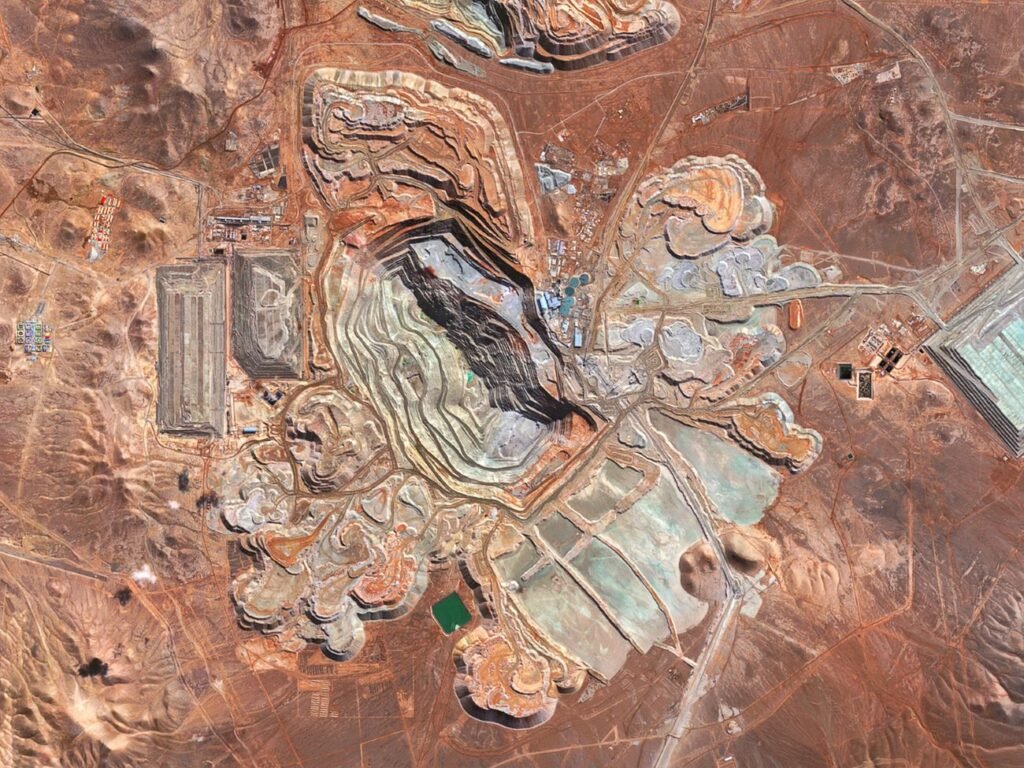
The Australia-based global mining company BHP announced on Tuesday (13 August) that it had begun removing workers on strike at its Escondida copper mine in northern Chile.
The strike at the world’s largest copper mine was called after pay negotiations between BHP the workers union representing 2,400 workers collapsed.
Tensions have risen after the union rejected BHP’s latest invitation for pay talks amid rising worries regarding a potential decrease in copper production.
The company reportedly offered a $28,900 bonus per worker. However, the union declined the offer as its demand is a bonus of 1% of shareholder dividends per worker (equalling $36,000) explaining: “We made every responsible effort to reach an agreement, but that wasn’t possible,” according to Reuters.
The Escondida mine produced 882,100t of copper in 2023, according to GlobalData. It has continued to operate since the strikes began, but BHP has not specified how much operations have been scaled back, according to press reports.
BHP began removing its striking workforce when it activated a contingency plan that allows for ‘minimum services’ and non-union members to keep working. The union is meeting with mine management to discuss a return to formal negotiations, Reuters reported today.
Access the most comprehensive Company Profiles
on the market, powered by GlobalData. Save hours of research. Gain competitive edge.

Company Profile – free
sample
Your download email will arrive shortly
We are confident about the
unique
quality of our Company Profiles. However, we want you to make the most
beneficial
decision for your business, so we offer a free sample that you can download by
submitting the below form
By GlobalData
Concerns around the potential impact on production are based on previous strike action at Escondida in 2017, which lasted 44 days. That strike ultimately caused the company to lose $740m (A$489.94m) and impacted the price of copper, which rose from $6,600 to above $7,000/t in July 2018.
In 2023, Chile accounted for more than 24% of the copper market globally. However, copper production in the country has declined since 2019 due to a range of factors, according to GlobalData.

